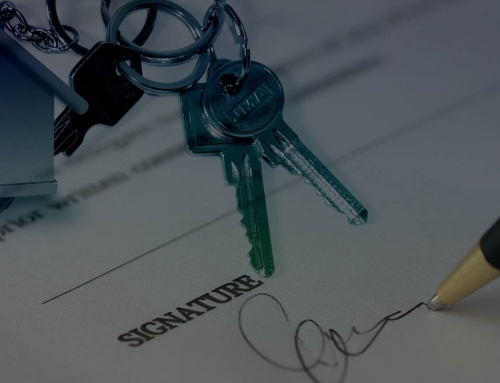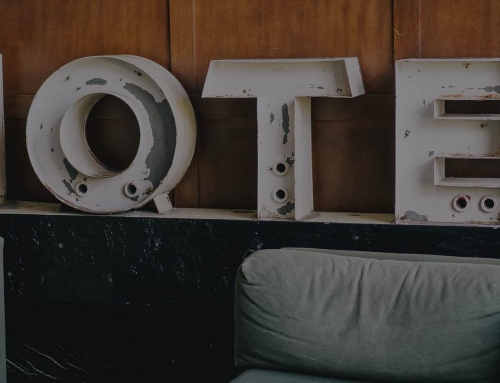By Phuket News Property · December 24, 2021
Buying property off-plan is a common path for many buyers in Phuket, particularly those looking for modern designs and staged payment schedules. While off-plan purchases can offer advantages, they also come with risks that buyers should carefully consider before signing a contract.
Construction delays
Delays are one of the most frequent issues associated with off-plan developments. Factors such as weather, labour shortages, project financing or supply chain disruptions can affect timelines. Buyers who have personal schedules, relocation plans or rental commitments may find delays challenging to manage.
Uncertain final specifications
Marketing materials for new developments often use computer-generated images to illustrate the finished project. These images may differ from the final result. Layouts, materials and facility designs can change during construction, sometimes due to cost adjustments or compliance requirements.
Buyers relying on early marketing visuals should be prepared for variations when the project is completed.
Developer stability
The strength and track record of the developer play a significant role in off-plan purchases. Projects rely on continuous funding, and any financial difficulty may affect progress. While many developers in Phuket have delivered successful projects, others may face challenges that impact timelines or final quality.
Reviewing a developer’s history of completed projects can offer useful insight.
Contractual terms
Off-plan contracts vary widely between developments. Details relating to payment schedules, construction milestones, termination rights and delivery conditions differ from project to project. Buyers should pay close attention to clauses that outline what happens in the event of delays or design changes.
Clear understanding of contractual obligations helps prevent misunderstandings later on.
Market conditions may change
Off-plan purchases are made months or years before completion. During this time, market dynamics may shift. Rental demand, pricing trends or supply levels can change between the point of purchase and the building’s completion. Buyers hoping for resale or rental income should be aware of potential fluctuations.
Quality control
Even with reputable developers, the quality of workmanship can vary. Buyers typically conduct a handover inspection once the property is complete, but identifying and rectifying defects may take time. Ensuring there is a clear process for addressing handover items is an important part of off-plan ownership.
Facilities and common areas
The appeal of many developments lies in shared facilities such as pools, fitness centres and landscaped areas. The final standard of these communal spaces can differ from early marketing descriptions. Some facilities may be reduced, relocated or redesigned during construction.
Understanding what is contractually guaranteed versus what is conceptual can help set realistic expectations.
Buying off-plan remains a popular choice in Phuket, offering modern design and staged payments. However, buyers should be aware of the risks involved, take time to review project information and ensure they are comfortable with the uncertainties that come with early-stage developments.













